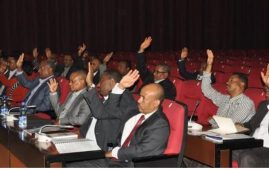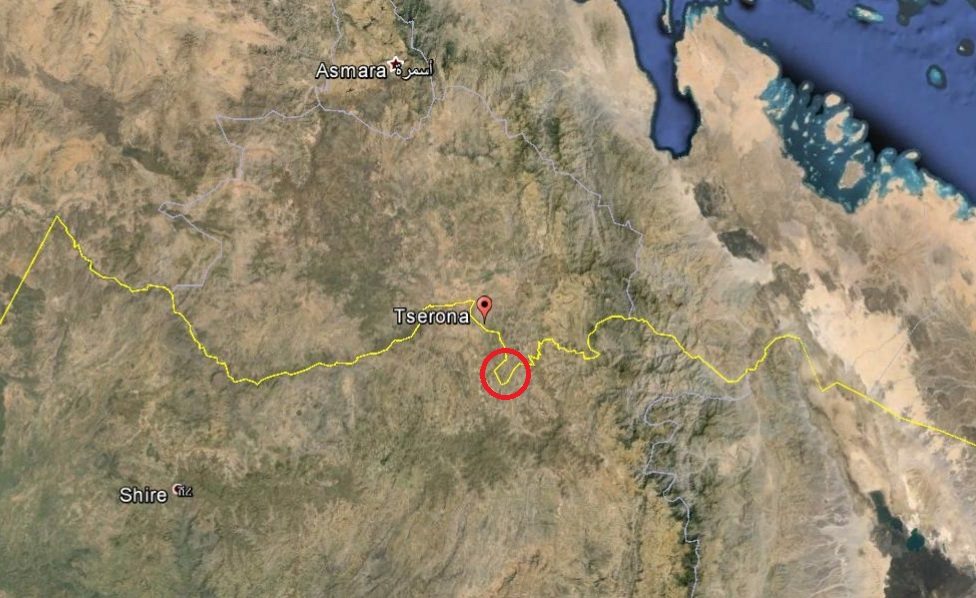Eritrean president Isaias Afwerki has asked to come and personally speak to the Security Council, a US media reported a few hours ago.
The New York based media, Innercitypress, reported that:
As the push for additional sanctions against Eritrea gathers strength in the UN Security Council, Eritrean president Isaias Afwerki has asked to come and personally speak to the Council, Inner City Press was told Thursday by a Council Permanent Representative and the Deputy Permanent Representative of a Permanent Five member.
Both said there might be problems, in that other heads of state of neighboring countries, including Ethiopia and Djibouti, might then also want to address the Council.
Thursday Inner City Press observed diplomats from Ethiopia and Djibouti going into the Security Council, followed shortly thereafter by US Ambassador Susan Rice. When Inner City Press asked, it was told "bilaterals," not a Council meeting. More like "multi-laterals" or "Horn-wide," said one wag.
African Union sources tells Inner City Press that "the neighbors" want harsher sanctions on Eritrea than the rest of the African Union can live with. [US Ambassador to UN] Susan Rice and the US, they say, seems to be siding with "the neighbors."
The news comes less than a month after the Eritrean president attended the UN General Assembly, talked to Secretary General Ban Ki-moon and told the Eritrean public that he achieved ‘diplomatic gains and understandings’.
It is to be recalled that AFP reported on Monday, Oct. 17 that ‘the Security Council will begin Tuesday discussing a draft resolution on imposing new sanctions on Eritrea for what a UN report describes as destabilizing actions in East Africa’.
AFP claimed that:
Neighbor and long-time rival Ethiopia has sought reinforced international sanctions since a UN panel in July said Eritrea was behind a plot to stage bomb attacks on an African Union summit in Addis Ababa in January.
The additional sanctions being considered included targeted measures against investment in the country’s mining industry as well as further asset freezes and travel bans on the Eritrean leadership.
The United States threw its weight behind Ethiopia’s call for new sanctions in August after the UN group that monitors sanctions said Eritrea was behind the bombing plot.
The UN experts also said Eritrea was arming and supporting insurgent groups in Somalia, including the Al-Qaeda-linked Shebaab.
The Security Council imposed in December 2009 an arms embargo, travel restrictions and asset freeze on top Eritrean political and military leaders because of alleged support for the Islamist Shebaab militants.
Eritrea has, however, accused its neighbor of staging a "frenzied campaign" for sanctions and says any measures enforced by the UN would hurt the Eritrean people most of all.
A six-nation East African regional group, the Inter-Government Authority on Development, has called for sanctions against mining interests and banning a government tax on remittances sent back by Eritreans living abroad.
It was revealed later that the draft Eritrea sanctions resolution was submitted to the Security Council by the west African nation Gabon and the United States is a co-sponsor of the resolution.
**************
Related:
Check the Eritrea archive and Eritrean Terrorism archive for previous and upcoming posts.






Comments are closed.
Leave a Comment